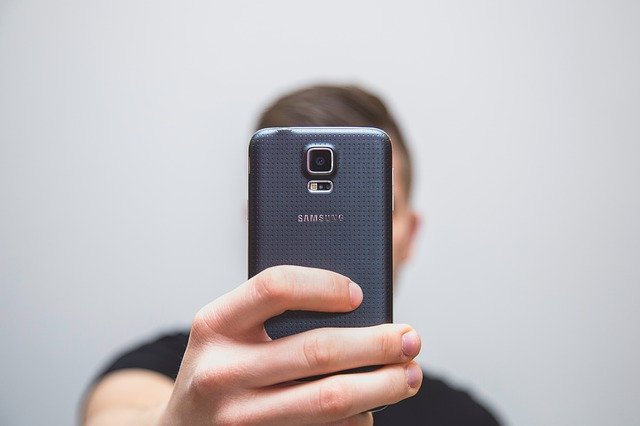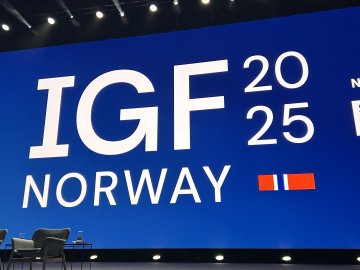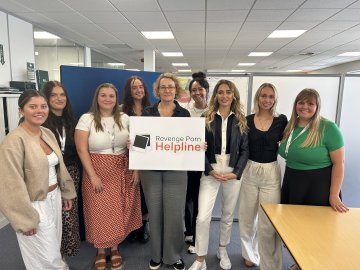This blog post forms part of an ongoing research project carried out by digital sociologist and PhD student, Elena Sharratt. The full results of this project will be made available shortly.
The Revenge Porn Helpline and the Professionals Online Safety Helpline (POSH) are both expert services dealing with numerous aspects of online safety and abuse. The Revenge Porn Helpline exclusively deals with adults who have had their intimate images shared without their consent, whilst POSH supports members of the children’s workforce with a broader range of online safety issues, which might include intimate image abuse in under 18s.
Although POSH and the Revenge Porn helpline work in close conjunction, practitioners from both teams have recognised a need to gain a greater understanding of whether the types of issues they deal with separately might overlap in any way. Results from my ongoing research project, carried out with both helplines, have revealed some surprising findings.
Whilst POSH is fully open to supporting professionals in dealing with intimate image abuse in young people, only a very small proportion (4%) of their contacts tackle this issue, with the rest being taken up by cyberbullying (53%), exposure to harmful content (19%), grooming (11%) and reputation management (13%). This apparent absence of intimate image abuse in under 18s is particularly noteworthy given the extremely high volume of contacts made to the Revenge Porn helpline from adults dealing with this issue.
So what is going on?
Could it be that under 18s are simply not falling victim to intimate image abuse? This is highly unlikely to be the case, given research indicates that adolescents are, in fact, most likely to be victims of this type of crime.
With this in mind, two alternative explanations remain. Either young people are not disclosing intimate image abuse to the professionals that care for them, or these professionals are receiving disclosures but are simply not bringing them to POSH for advice and support.
Both of these possibilities are concerning, yet they also reveal two key areas where positive interventions could be made. Firstly, more work could be done to educate young people on the nature and harms of intimate image abuse, so as to empower them to disclose to a trusted adult if they become victims. Alongside this, there is also scope to educate professionals, so as to improve how they deal with disclosures of this nature, which would include making them aware of the ways in which POSH can offer support.






